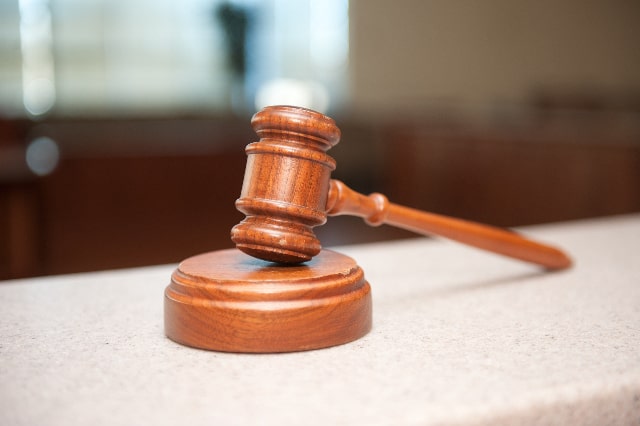Contact us and schedule a free consultation today. Whether dealing with charges related to fraud, drug offenses, or other federal crimes, our firm stands ready to support you through each stage of your case.
Navigating Federal Criminal Charges In New York
Federal criminal charges demand a strategic approach due to the complex legal landscape. In New York, the stakes are exceptionally high, with severe penalties such as lengthy prison terms and substantial fines. For example, drug trafficking charges can result in a life sentence and up to $5 million in fines. The process begins with an investigation, often involving federal agencies like the FBI or the Drug Enforcement Administration (DEA). These initial steps play a critical role in how a case unfolds.
Moreover, understanding the distinction between state and federal charges is crucial. Crimes prosecuted at the federal level generally involve offenses that violate US laws, such as drug trafficking, fraud, or cybercrimes. The federal criminal system is designed to handle these intricate cases, emphasizing the need for focused legal experience.
Our extensive experience defending federal cases underscores the importance of a skilled defense team. Federal cases involve detailed legal procedures, from pre-indictment investigations to sentencing and appeal; for more information, please refer to the US Department of Justice’s guide on Steps in the Federal Criminal Process. Having former prosecutors and law enforcement personnel in our firm allows us to provide unique insights into the federal criminal process.
Additionally, federal litigation requires thorough preparation and a deep understanding of the legal nuances specific to federal courts. A well-crafted defense can make a substantial difference in a case’s outcome. Engaging a knowledgeable defense firm like ours can help navigate these challenges. The federal criminal defense process is intricate, but a favorable resolution can be pursued with the proper guidance.







